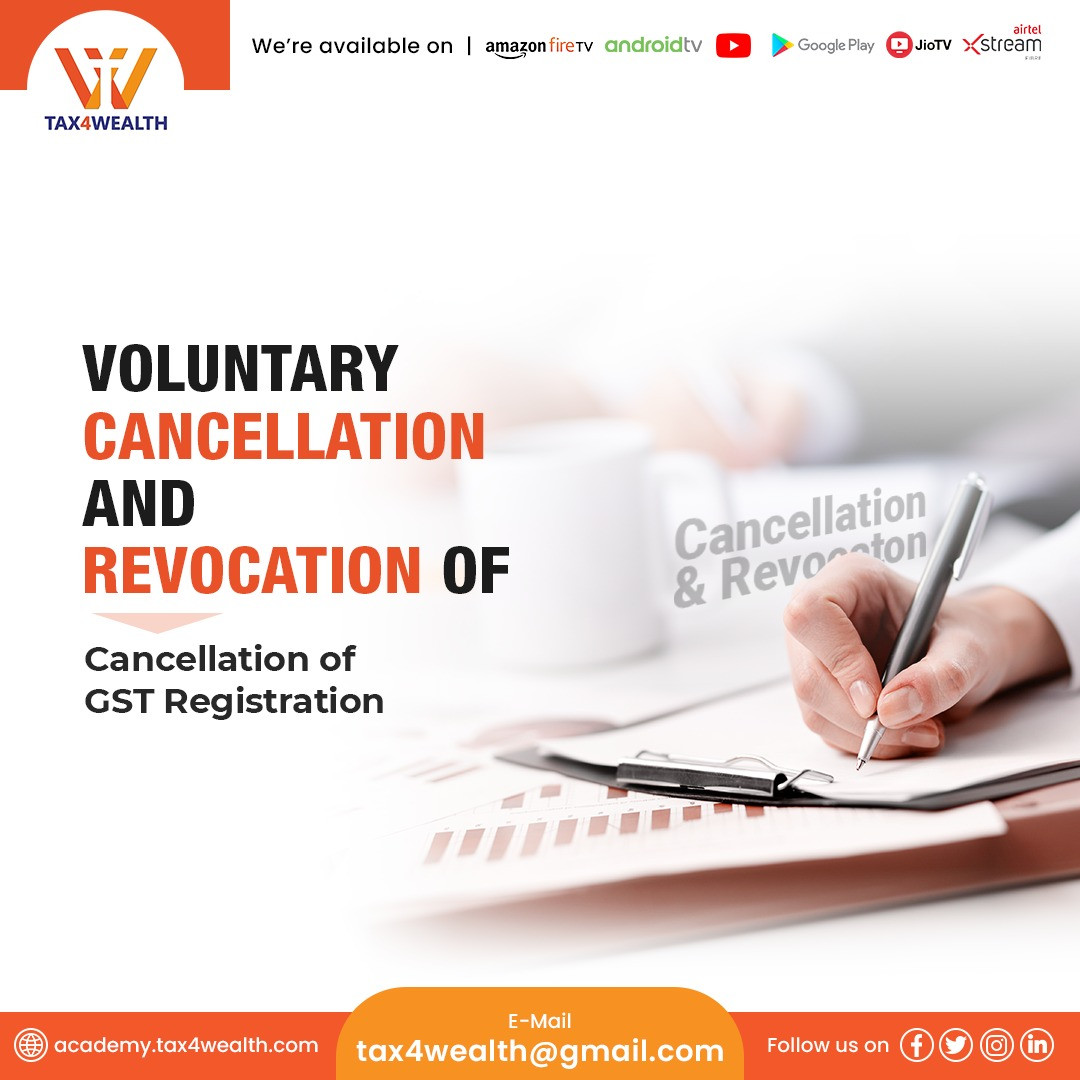
GSTN Announced A 3-Month Delay In E-Invoice Reporting
The Goods and Service Tax Network (GSTN), the company in charge of processing goods and services tax returns, announced on Saturday that it has postponed by three months last month’s circular requiring businesses with a turnover of 100 crores or more to upload e-invoices on the IRP within seven days of the issue.
The GSTN urged such enterprises in April to upload the e-invoices to the Invoice Registration Portal (IRP) within 7 days of the invoices being issued commencing May 1. Before, the circular, there was no such limitation on uploading invoices to the IRP.
Invoices must be published on the IRP for firms to claim Input Tax Credits (ITCs) under Goods and Services Tax (GST) regulations.
The competent authority has decided to postpone by 3-months the imposition of a 7days deadline for reporting old e-invoices on the e-invoice IRP portals for taxpayers with aggregate turnover greater than or equal to 100 crores, according to a notice to taxpayers GSTN on May 6.
Additionally, the organization recommended companies without cash tax outlays to text-file their filings. These companies either submit zero tax returns or use their input tax credits to reduce their tax obligations.
The GSTN's advising comes in the backdrop of almost a million GST-registered firms filing 'zero' reports on the last day of the last return filing cycle on 20 April, causing the system to slow down.
According to GSTN, over 45% of the two million monthly 'summary of transactions' reported by firms on 20 April were either 'zero' returns or had no cash outgo (utilized tax credits).
"These returns could have easily been filed earlier." Furthermore, it is encouraged that taxpayers utilize the SMS filing option to file 'nil' returns since it is faster and more comfortable, and it will also assist to lessen the backlog in the GST system," added the GSTN advice.
According to Rajat Mohan, Senior Partner at AMRG & Associates, even major organizations have been perplexed by the recent requirement to produce an e-invoice within 7 days of the invoice date in the previous few days.
According to the Report, Concerns were growing as a result of extra entries recorded as a result of year-end charges resulting from auditor recommendations and yearly reconciliations.
“Large firms have been given a 3-month delay to ensure that the requirements are implemented smoothly, according to the agency, quoting the Senior Partner at AMRG & Associates.”
Related News
No comments yet, Be the first to comment.













